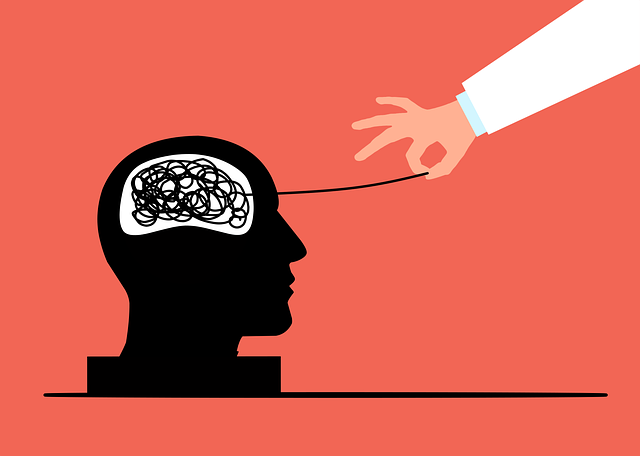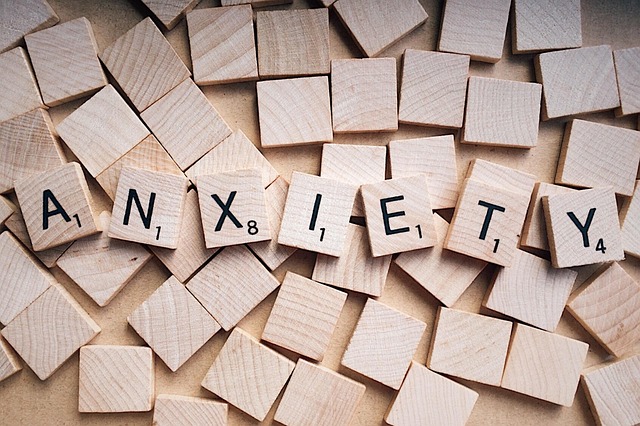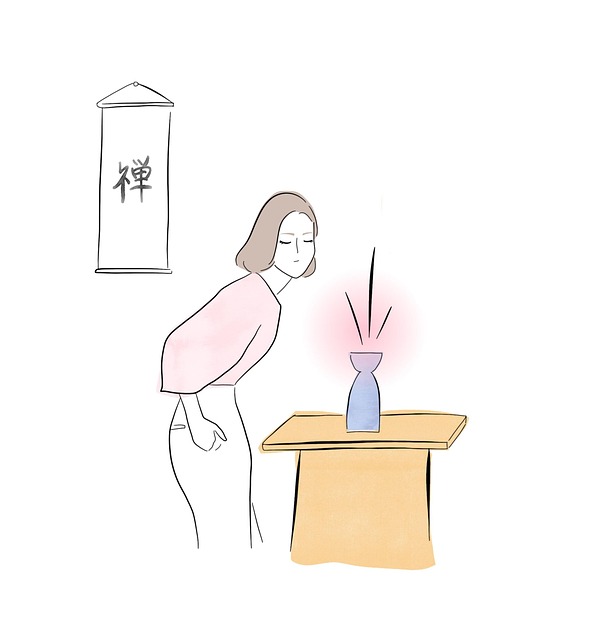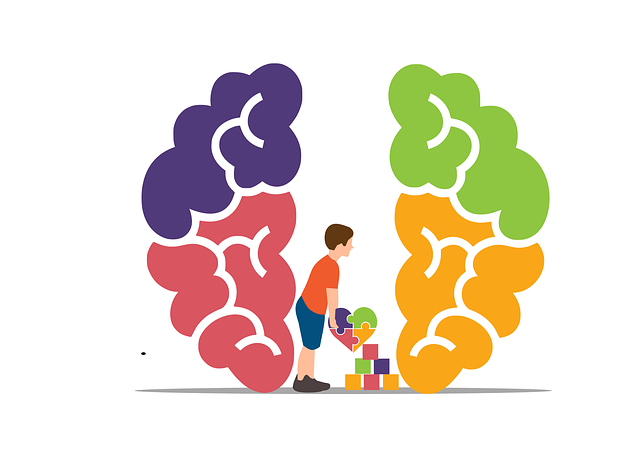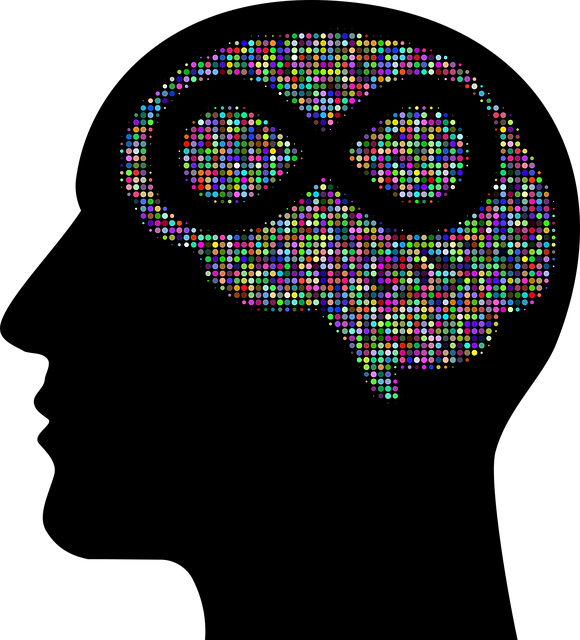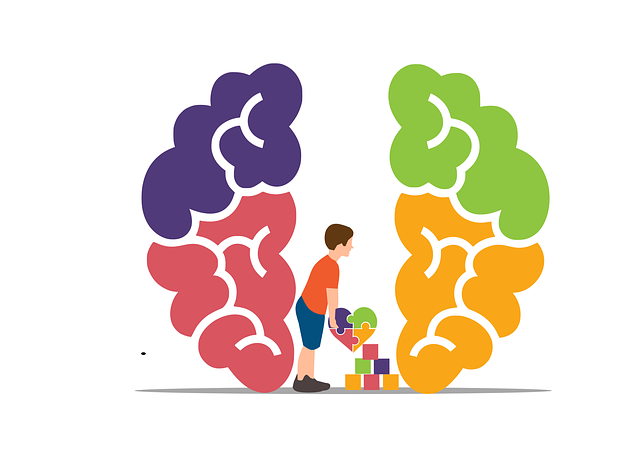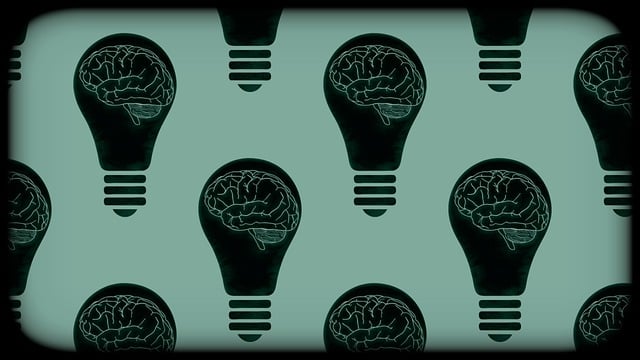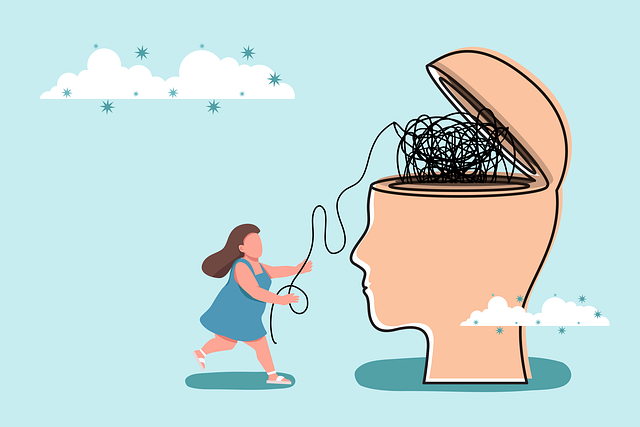Golden Children Therapy offers a revolutionary approach to building resilience in children and adults through its RFM (Resilience, Flexibility, Mastery) framework, combining mindfulness, self-awareness, and stress management. This holistic therapy leverages play as a tool for emotional expression, enhancing self-awareness and teaching valuable life skills for anxiety, trauma, or learning difficulties. By integrating sensory integration techniques, art, music, and storytelling, it promotes cultural sensitivity and fosters emotional intelligence, empowering individuals to navigate challenges with resilience and healthy coping mechanisms. Adopting RFM principles in daily routines encourages growth mindset, aiding mental health professionals in risk management planning and guiding clients towards improved emotional well-being.
Resilience is a crucial skill for navigating life’s challenges. This article explores the power of RFM (Rest, Focus, Motion), a holistic framework designed to build resilience from an early age. We delve into innovative approaches like Golden Children Therapy, which uses play to unlock potential. Through sensory integration techniques and creative expression, children can develop emotional agility. Discover how these methods, including Golden Children Therapy, can be seamlessly integrated into daily routines, fostering adaptability and well-being for a brighter future.
- Understanding RFM: The Foundation of Resilience
- Golden Children Therapy: Unlocking Potential through Play
- Building Blocks of Resilience: Sensory Integration Techniques
- Navigating Emotional Challenges with Creative Expression
- Real-World Application: Implementing RFM in Daily Routines
Understanding RFM: The Foundation of Resilience

Resilience is a vital asset for individuals to navigate life’s challenges and setbacks. Golden Children Therapy introduces RFM—a powerful framework designed to empower people, especially children, in building resilience from an early age. RFM stands for Resilience, Flexibility, and Mastery, three core components that form the foundation of emotional well-being.
Understanding RFM involves recognizing that resilience isn’t about avoiding difficulties but rather effectively coping with them. Flexibility refers to the ability to adapt and adjust one’s mindset during tough times. Mastery, on the other hand, is the skill of managing emotions, thoughts, and behaviors to overcome obstacles. Integrating mindfulness meditation, self-awareness exercises, and stress management workshops within this framework can greatly enhance a person’s capacity for resilience, making them better equipped to handle life’s curveballs.
Golden Children Therapy: Unlocking Potential through Play

Golden Children Therapy is a revolutionary approach that leverages play to unlock the immense potential hidden within every child. This therapeutic method recognizes the power of childhood experiences and uses them as a foundation for fostering mental wellness and building resilience. Through carefully designed activities, children are guided to express their emotions, enhance self-awareness, and develop coping strategies that will serve them well throughout their lives.
By integrating elements of play, creativity, and mindfulness, Golden Children Therapy goes beyond traditional therapy models. It focuses on the holistic development of young individuals, addressing not just their present challenges but also nurturing their future resilience. This approach is particularly beneficial for children who may be facing various obstacles, from anxiety and trauma to learning difficulties. Through engaging in fun and imaginative play, they learn valuable life skills that contribute to their overall well-being, including emotional regulation, social interaction, and problem-solving abilities, all essential components of successful mental wellness coaching programs.
Building Blocks of Resilience: Sensory Integration Techniques

Resilience is a cornerstone of mental wellness, and sensory integration techniques offer powerful tools to build this crucial skill. These methods, often employed in Golden Children Therapy, are designed to enhance an individual’s ability to cope with stress and navigate life’s challenges. By engaging multiple senses, individuals can develop a stronger sense of grounding and self-regulation. For instance, a simple mental wellness journaling exercise guidance might involve describing sensory experiences, fostering awareness and emotional connection.
In the context of burnout prevention strategies for healthcare providers, cultural sensitivity in mental healthcare practice is also vital. Sensory integration techniques can be adapted to respect diverse cultural backgrounds, ensuring that resilience-building exercises are inclusive and effective. This approach not only supports individual recovery but also contributes to a more holistic and culturally responsive mental healthcare system.
Navigating Emotional Challenges with Creative Expression

Navigating emotional challenges with creative expression can be a powerful tool for Golden Children Therapy, providing an outlet for children to process and communicate their feelings. Art, music, dance, and storytelling are just some of the mediums that allow kids to explore their emotions in a safe and guided environment. These activities foster empathy building strategies by encouraging children to understand not only their own experiences but also those of others. Through creative expression, they learn to identify and articulate their emotions, enhancing their emotional intelligence and mental wellness coaching programs development.
The process of translating feelings into art or words can be transformative, helping children work through traumas or everyday stressors. Mental wellness coaching programs often incorporate these creative approaches because they offer unique insights that may not surface during traditional talking therapies. By embracing empathy-focused techniques, therapists can support children in building resilience and developing healthy coping mechanisms, ensuring they grow up to be emotionally intelligent individuals equipped to handle life’s challenges.
Real-World Application: Implementing RFM in Daily Routines

Incorporating RFM (Resilience, Flexibility, and Mastery) into daily routines is a powerful way to build mental resilience, especially for individuals seeking effective stress management and emotional regulation tools. This practical approach is a core aspect of Golden Children Therapy, which focuses on empowering individuals to navigate life’s challenges with grace and adaptability. By integrating RFM principles, one can transform mundane tasks into opportunities for growth and self-improvement. For instance, daily activities like commuting or household chores become platforms for practicing resilience by reframing obstacles as learning experiences.
For mental health professionals, implementing these strategies in their practice can enhance risk management planning. It allows them to guide clients towards developing robust coping mechanisms, ensuring better emotional well-being. This simple yet profound shift in perspective encourages individuals to embrace challenges as opportunities for personal growth, fostering a sense of mastery over one’s life and emotions.
Resilience is a vital skill for individuals of all ages, especially in today’s ever-changing world. By combining Understanding RFM with innovative approaches like Golden Children Therapy and sensory integration techniques, we can empower individuals to navigate emotional challenges effectively. These strategies, when implemented in daily routines, offer a transformative path towards building mental toughness and fostering a sense of well-being. Remember that resilience is not just about overcoming hardships but also about embracing the journey of personal growth and discovery.
